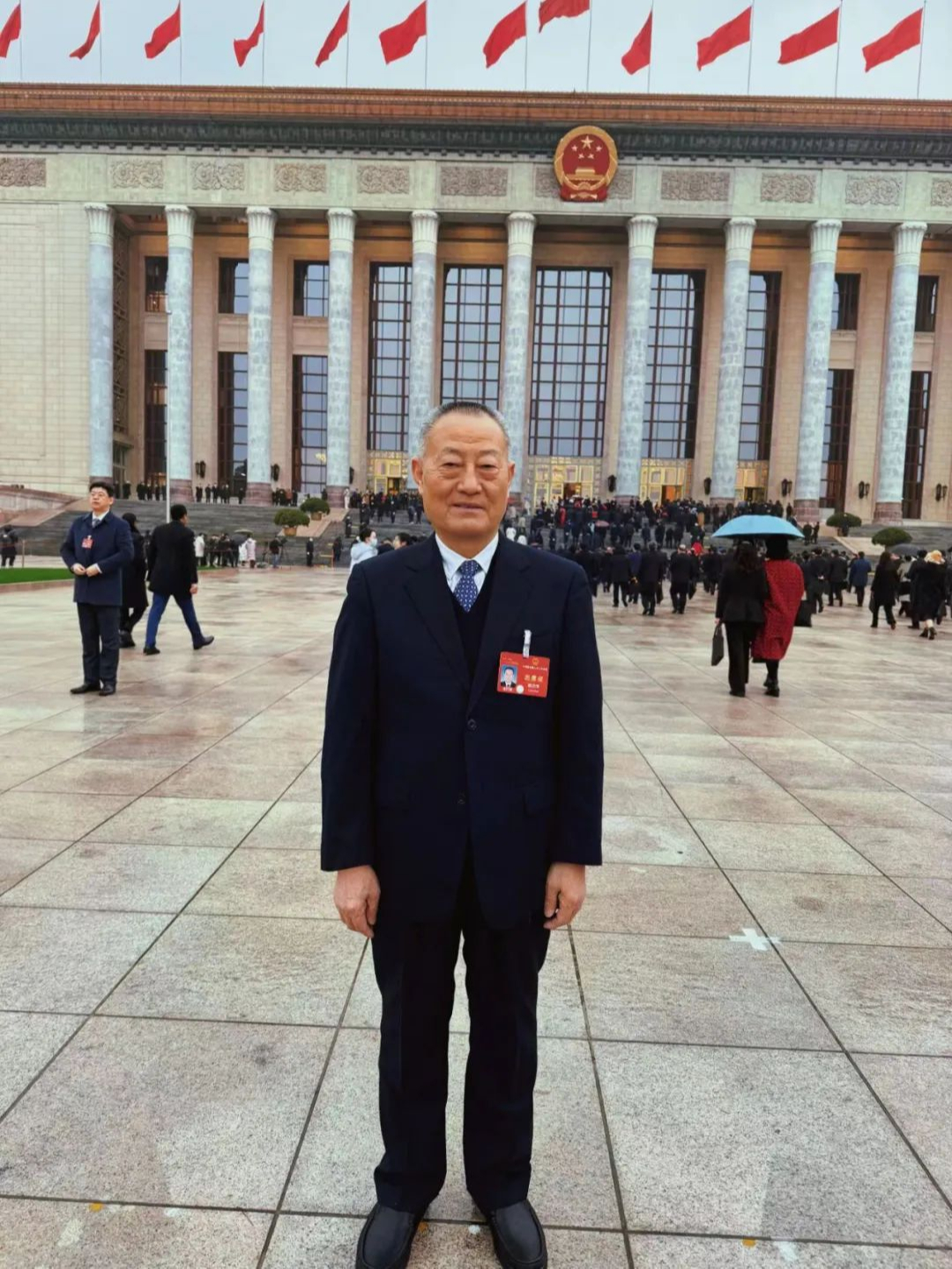Xue Jiping, deputy to the National People's Congress: Improve the relevant system to deal with the EU's "carbon tariff"

Deputy to the National People's Congress, Xue Jiping, Secretary of the Party Committee and Chairman of Zhongtian Technology Group Co., Ltd
The EU's Carbon Border Adjustment Mechanism (commonly known as the "carbon tariff") will be officially implemented in 2026, and the included industry products will need to provide carbon emission data when exporting to EU countries, and pay taxes on the carbon emissions generated when the products are manufactured.
Xue Jiping, deputy to the National People's Congress, Secretary of the Party Committee and Chairman of Zhongtian Technology Group Co., Ltd., pointed out that China and the European Union are one of the world's major economies and maintain long-term and stable trade relations with each other. According to data released by the General Administration of Customs, Jiangsu Provincial Bureau of Statistics and Nantong Municipal Bureau of Statistics, in 2022, China's total exports to the EU will be 3.74 trillion yuan, a year-on-year increase of 11.9%, Jiangsu's exports to the EU will be 629.11 billion yuan, a year-on-year increase of 14.1%, and Nantong's exports to the EU will be 38.16 billion yuan, a year-on-year increase of 16.8%.
The EU is also the main export trade area of Zhongtian Technology. He pointed out that in 2023, Zhongtian Technology will export 1.46 billion yuan to the EU, a year-on-year increase of 39.67%, accounting for 31.54% of the company's annual export value. Zhongtian Technology plans to export 600 million euros (about 4.7 billion yuan) to the EU by 2026, and the EU will become the largest export region of Zhongtian Technology.
The implementation of the "carbon tariff" will have multiple impacts on the export of Chinese enterprises to the EU. On the whole, the response to the "carbon tariff" is a systematic project, which not only requires the efforts of enterprises, but also requires strong measures at the national level, and governments at all levels of provinces, cities and counties actively follow up and implement. To this end, it is recommended to take active measures to deal with the EU's "carbon tariff" and reduce the impact on the export of enterprise products.
In this regard, Xue Jiping put forward the following suggestions:
1. Maintain communication and negotiation with the EU on "carbon tariffs". It is recommended that the relevant national departments and their counterparts in developing countries jointly promote the establishment of relevant mechanisms, actively maintain communication and consultation with the EU on the work related to "carbon tariffs", and strive for friendly trade cooperation space for entities that have economic dealings with the EU.
2. Encourage the construction of green supply chains. At present, the bidding rules of some European companies have embedded the requirements of carbon emission quantification, and 90% of carbon emissions come from raw materials, and reducing carbon emissions should start from the source. It is recommended to introduce relevant policies to encourage enterprises to improve their awareness and choice of green products, promote the development and promotion of new green raw materials, enhance the supply capacity of green raw material products, strengthen the coordination and cooperation between upstream and downstream enterprises in the industrial chain, and build a green supply chain.
3. Improve the international recognition of domestic consulting institutions. Product carbon footprint certification needs to pass SGS, BV, TÜV and other European consulting institutions, and there are relatively few relevant third-party consulting institutions in China, and the international recognition is not high. It is recommended to promote the professional improvement and standardized development of relevant institutions in China, form a number of institutional brands with international influence, comprehensively improve international recognition and authority, and facilitate Chinese enterprises to carry out product carbon verification and carbon footprint certification nearby.
Fourth, accelerate the improvement of the domestic carbon market。 Since the opening of the national carbon market, the basic operational framework has been initially established, and the role of promoting enterprise emission reduction has initially emerged. It is recommended to expand the coverage of the domestic carbon trading industry, establish and improve the carbon emission statistical accounting system, improve the laws and regulations of the carbon trading market, strengthen the supervision mechanism of the carbon market, consolidate the foundation of the carbon market, actively promote the mutual recognition of the domestic carbon market and the EU "carbon tariff", keep the carbon tax in China, and enhance the international influence of China's carbon market.
5. Guide the green and low-carbon development of enterprises. High-quality development is the top priority, and all kinds of enterprises have a heavy responsibility on their shoulders. It is necessary to guide enterprises to conform to the development trend, strengthen internal control, implement green design, green procurement, green production, green packaging, green logistics, green disposal and other products throughout the life cycle to achieve low-carbon development; update and upgrade high-energy-consuming equipment, accelerate energy-saving technological transformation; increase scientific and technological innovation, promote the use of clean energy, and provide a solid foundation for the sustainable development of low-carbon economy.







